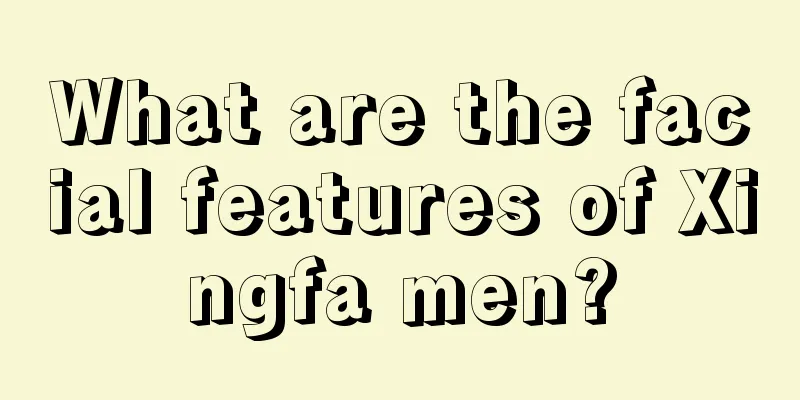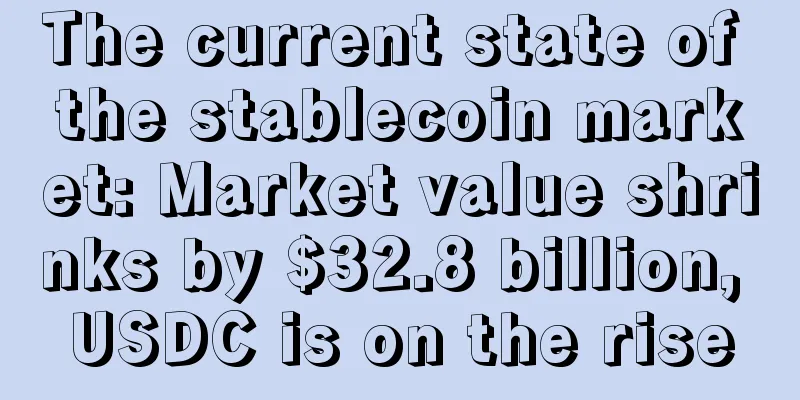Survey: South Korean virtual asset service providers' net profit exceeds US$2.7 billion in 2021

|
South Korean virtual asset service providers (VASPs) earned substantial net profits from trading activities in the first three quarters of last year, totaling more than 3.3 trillion won (about $2.78 billion), according to a survey by South Korea’s main financial regulator. The survey, announced on March 2, is the first of its kind since VASPs were required to register with the Korea Financial Intelligence Unit (KoFIU) last year under the revised Act on Reporting and Use of Specified Financial Transaction Information. South Korea’s Financial Intelligence Agency believes that the purpose of the survey is to gain a better understanding of the cryptocurrency market based on statistics provided by individual business operators. As of the end of December 2021, a total of 29 virtual asset service providers were approved, including 20 pure token exchanges , 5 crypto wallets , and 4 won-based exchanges. Since then, two additional wallets and two pure token exchanges have been approved, bringing the total number of virtual asset service providers legally operating in South Korea to 33. Among these exchanges, won-based exchanges dominate in terms of market share, with domestic operating profits accounting for 99.3% of VASPs’ total operating profits, while pure token exchanges account for only 0.7%. The regulator said some exchanges that only offer crypto-to-crypto trading may restructure their businesses due to a lack of competitive advantages. The Korea Financial Intelligence Unit was established in 2001 as an organization under the Financial Services Commission (FSC) of Korea. Its responsibilities include monitoring and regulating financial markets and enforcing policies related to anti-money laundering. The survey showed that in the second half of 2021, the total transaction volume of 24 virtual asset exchanges reached 20.73 trillion won (about 1.7 trillion US dollars), with an average daily transaction amount of 11.3 trillion won (about 9.4 billion US dollars). South Korea’s regulatory regime has been slowly building since the Financial Services Commission banned fundraising through ICOs in 2017, though some local regulators still believe current laws are not enough to combat money laundering, especially as cryptocurrency trading volumes begin to catch up with stock trading volumes. “Although the virtual asset market presents a high risk of money laundering, the current proportion of anti-money laundering (AML) personnel (8%) is insufficient and needs to be improved,” KoFIU said. According to payments provider Triple A, South Korea ranks 16th in cryptocurrency adoption, with more than 1.9 million people owning some form of crypto assets, or 3.79% of its total population of 55.7 million. This article is from Blockworks, original author: Sebastian Sinclair |
<<: Is everything alright for Ethereum after “The Merge”?
>>: Two dark horses emerge in the stablecoin market: USDC and UST
Recommend
The market stabilizes and rebounds, and altcoins have another chance
Author | Hashipi Analysis Team ...
Men with moles on their eyes, are they lucky?
It is said that eyes are the windows to the soul....
Predict your health through the feel of your hands
Predict your health through the feel of your hand...
What does a mole on a man's left face mean?
What does a mole on a man's left cheek mean? ...
What does a man's big mouth mean?
The saying that a man with a big mouth can eat mo...
Is the emergence of killer mining machines the result of fair competition?
Why do we need to mine digital currency? Why do m...
Is it good for a woman to have a high forehead? What does it mean?
1. Broad knowledge In physiognomy, if a girl has ...
Precious metals supplier announces acceptance of Bitcoin payments Online payments allow the use of Bitcoin wallets
Original title: "Sharps Pixley, a long-estab...
Men with thick eyebrows tend to be rich
In physiognomy, the influence of eyebrows on wome...
Eight types of men with strong opposite sex appeal
Eight types of men with strong opposite sex appea...
Boys with big noses are smart.
Whether a big nose or a small nose is better is g...
How to distinguish between good and bad moles on the face
The moles on the face will reflect different mean...
Palmistry: Fortune
Palmistry: Fortune 1. Palmistry with long fingers...
What are the facial features of unlucky people? Are they born unlucky?
In life, people all hope to encounter good opport...
The profitability of Ethereum Staking mining model depends on electricity and purchase costs
LongHash published a post saying that Vitalik But...









